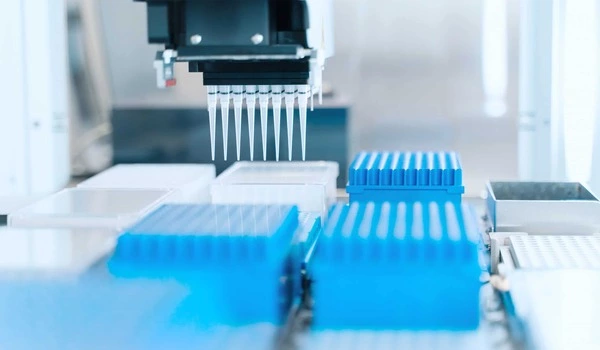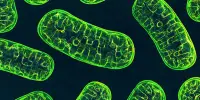Advances in genetic testing can help people identify their risk for inherited cancer and take steps to prevent or manage it. Hereditary cancer is caused by mutations in certain genes that are passed down from a person’s parents. These mutations can increase a person’s risk for certain types of cancer, and identifying them can allow people to take preventive measures such as increased surveillance or prophylactic surgery. It can also help people make informed decisions about their reproductive options.
The BC Cancer Research Institute has made a breakthrough in genetic testing that allows for more accurate prediction of which parent’s genes contributed to an individual’s increased cancer risk. This increases the efficacy of familial testing strategies and may alleviate anxiety in patients who are at high risk of cancer due to genes inherited from a parent.
The approach was spearheaded by Vahid Akbari and Dr. Steven Jones at Canada’s Michael Smith Genome Sciences Centre (GSC) at BC Cancer, and by Vincent Hanlon and Dr. Peter Lansdorp at the BC Cancer Research Institute’s Terry Fox Laboratory. The new test confirms whether a cancer-predisposing gene variant is present in a patient, and can determine whether the variant was inherited from the mother or the father – an understanding that was not possible until now.
All of our chromosomes have marks that indicate whether the chromosome came from our mother or our father. The problem is that only about 190 tiny regions of our genome’s three billion base pairs contain these parental marks.
Dr. Louis Lefebvre
“Being able to assign the parent of origin to cancer variants allows us to quickly identify other family members who may be at risk,” says Dr. Kasmintan Schrader, co-medical director of the Provincial Hereditary Cancer Program at BC Cancer, assistant professor of medical genetics at the University of British Columbia (UBC), and a co-author of the study. “Allowing us to concentrate on one side of the family will help save lives by concentrating on prevention efforts. This new approach will eliminate the unnecessary psychological burden of testing family members on the other side who are not at an increased risk, reduce the need for clinical counselling, and focus resources on identifying and supporting those who are truly at risk.”
Dr. Steven Jones, co-director of the Genome Sciences Centre and professor of medical genetics at UBC adds, “The approach has been enabled by new long-read sequencing technology which can sequence not only DNA but also determine subtle functional alterations to DNA.” Unlike other DNA sequencing approaches, this approach uses thousands of microscopically small pores to determine the sequence of DNA as it travels through them.
“All of our chromosomes have marks that indicate whether the chromosome came from our mother or our father,” says Dr. Louis Lefebvre, associate professor of medical genetics at UBC and co-author of the paper. “The problem is that only about 190 tiny regions of our genome’s three billion base pairs contain these parental marks.” Dr. Lansdorp’s technology provided the final missing link, allowing these tiny regions to be linked to entire chromosomes.

This test’s promise may be more profound for some patients. Those with damaging variants of the SDHD or SDHAF2 genes have a very high lifetime risk of developing certain cancers, but only if the defective gene was inherited from their father. There is no increased risk if it is inherited from the mother. Those at risk must undergo regular screening and testing for the rest of their lives in order to detect tumors early.
However, for some people with the variant, family members are not available to assist in determining which parent the variant was inherited from. For half of the approximately three hundred patients in Canada in this position and many more around the world, this new test could eliminate a lifetime of unnecessary hospital visits and the psychological burden of increased cancer risk.
Quick Facts:
- The Hereditary Cancer Program offers genetic counseling and testing to residents of British Columbia and Yukon who may have inherited an increased risk of certain types of cancer.
- Hereditary cancer is unusual. Hereditary cancer accounts for less than 10% of all cancer cases.
- If a relative has shared details about their hereditary cancer gene mutation, or if you are concerned about cancer in your family and do not currently have a family doctor or nurse practitioner, self-referrals to the Hereditary Cancer Program are accepted.
- The BC Cancer Research Institute (BCCRI), a research institute at UBC and PHSA, serves as a hub for cancer research activity throughout the province, advancing cancer research discoveries as well as transformational technologies and treatments.
















